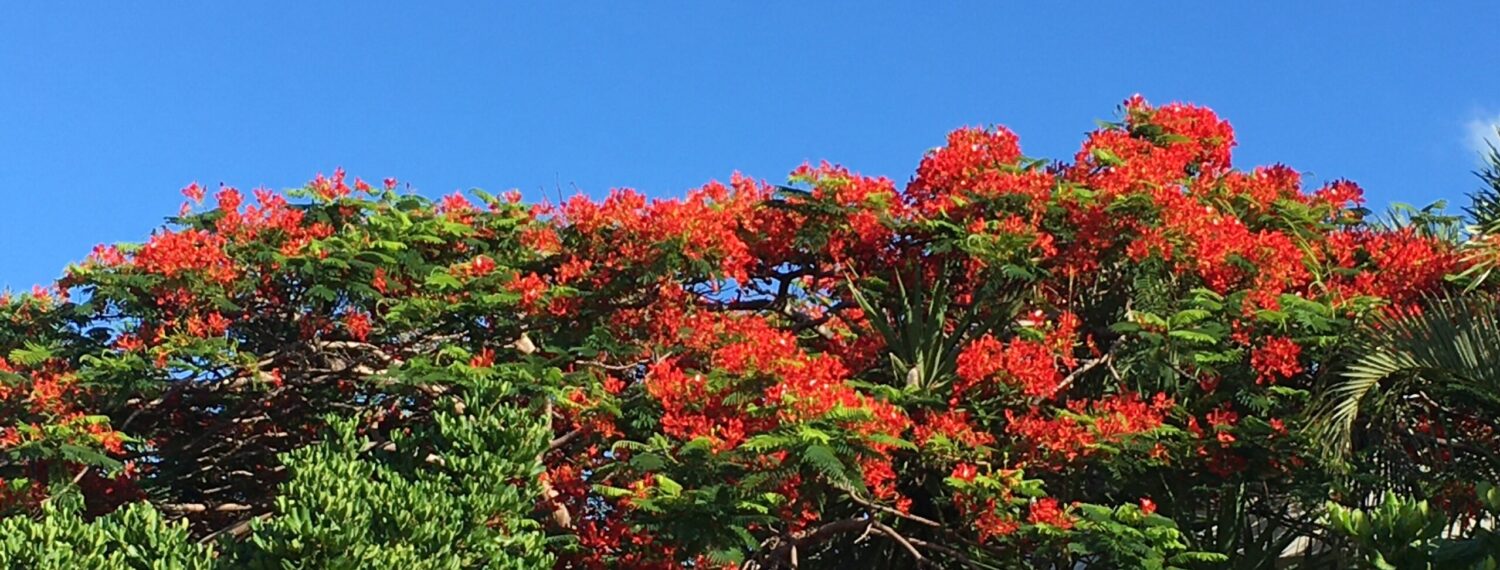Living in the Present
Being In the Moment
The essence of Dharma is personal change; transformation of habitual tendencies into wisdom qualities. We are not changing who we are, but rather we are letting go of that which obscures our true nature.
This moment holds everything we need. This moment is the perfect opportunity to uphold and maintain our commitment to unfolding this inherent love and compassion. The object in need of love and compassion exists with us right here in this moment, sitting next to us, in our family, in our community, within ourselves. The contents of our lives are all that we need to awaken and to sustain through practicing love and compassion.
The open heart always knows what is needed, because awareness of this moment is this moment itself. Sometimes this requires very specific actions, our time, effort, finances, all of which aid us in overcoming our selfishness, insecurity, fear, and hope.
We have made this commitment, which is aspiration and action, to be loving to all beings, free from any anger or hatred. We must put this great aspiration of Bodhicitta into action constantly, ceaselessly.
We can feed ants, rescue animals that will be killed or slaughtered, go to hospitals where there are sick people, help homeless people by giving time, acknowledgment, perhaps money. There are so many things we can do to serve beings, and this loving energy is contagious.
One time I freed lobsters that were going to be cooked, boiled alive. The Chinese man I bought them from explained to me how to cook them, but I told him I was going to free them in the ocean. He called me “good man” after that, and began giving me lobsters for free. So his own sensitivity was sparked by this simple action, and it inspired him to extend love and generosity.
These kinds of acts help to invoke the ultimate mind of love and compassion, which is the realization of our Buddha nature. When we hold in mind that every action is dedicated to the enlightenment of all beings, our hearts become tenderized, and we open to our essence and to the essence of all beings. We live for the benefit of all beings. This attitude is revolutionary. When we eat, sit, walk, and sleep, we can always hold in our minds the welfare of all beings. This is the teaching of the authentic Bodhisattva way of life.
Courage
How can we engage in the Bodhisattva’s practice, like the six paramitas, in our everyday life? Application is the key point of this practice. We must have dedication. This dedication is the essential practice of Bodhisattvas.
There are three essential principles of Bodhisattvas: noble motivation, noble wisdom (wisdom of emptiness), and noble dedication. These are not really separate principles. Dedication means dedicating all of one’s activities, one’s life, one’s possessions, as the cause of bringing liberation to yourself and humanity, to all sentient beings without exception.
Whether you are Christian, Muslim, or Buddhist Bodhisattva, the principles are the same: To be a Bodhisattva is to be a living saint. A Bodhisattva is one who unfolds all his loving compassion towards all beings. The wonderful thing is that Bodhisattva principles can be blended into our lives.
When we get deeper and deeper into the essence of Dharma practice, we reach a landmark—there is no longer a distinction between life and Dharma. It seems life is Dharma and Dharma is life. But when we are first scratching the surface of practice, there seems to be a difference between them. Like we have to reject life or be somebody in order to practice Dharma. This is what we call the Hinayana path. I think this is very good for awhile.
But once we become a more evolved practitioner, we see that life and Dharma can be blended together. It depends on what kind of life we are going to choose. Life itself can be a powerful vehicle to practice love, wisdom, and the six paramitas.
Remember that the main Bodhisattva commitment is always to come back to samsara and benefit other beings. The meaning of coming back to samsara is to embrace your life, not to run away from your duties. This requires some sense of courage. The sattva in Bodhisattva means hero or heroine. It requires tremendous spiritual courage to embrace your life no matter how challenging it is. The moment you decide to embrace your life, all the conflict and suffering and detrimental situations come to an end.
Source: Used with permission from https://sourcepointglobaloutreach.org/what-we-offer/
